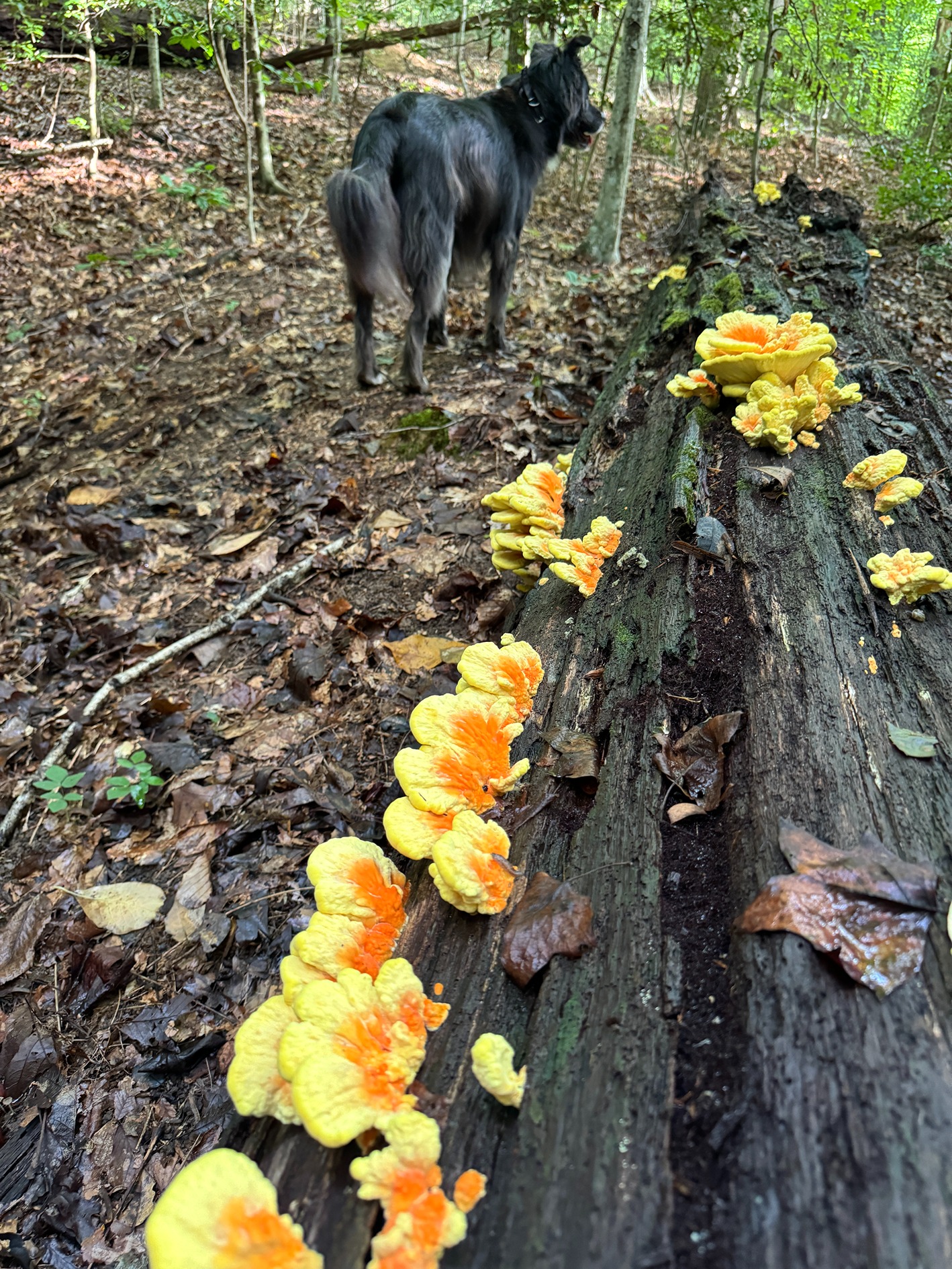The Virginia Department of Forestry (DOF) is partnering with three Virginia nurseries to launch a new pilot program featuring discounts on native trees and shrubs. “Throwing Shade VA” helps nurseries promote native trees through customer discounts of $25 on eligible trees valued at $50 or more.
VDOF partners with Virginia Nurseries to launch “Throwing Shade VA”

Three nurseries responded to DOF’s request for participation in the pilot program. They are Burke Nursery & Garden Centre (Burke), Woodstock Gardens (Woodstock) and Coastal Landscapes & Nursery (Virginia Beach). The program is funded through state water quality improvement funds, which DOF is using to reimburse participating nurseries for the tree discounts. Available exclusively for retail sales, landscapers interested in using the discount program must ensure customers receive the benefit of the reduced pricing.
Throwing Shade VA incentivizes customers to purchase native species of trees and shrubs, which are adapted to their natural environment and thus more likely to thrive. Native trees and shrubs offer more ecosystem benefits than ornamental species and provide food and habitat for wildlife, especially essential pollinators. Fertilizing isn’t required and watering needs decline once the trees are established. These native trees will mature, provide shade and reduce temperatures in areas with limited green space.
“Throwing Shade VA helps the Virginia Department of Forestry spread the word about the benefits of choosing natives while allowing us to measure our progress towards Virginia’s water and Chesapeake Bay watershed goals,” said DOF Urban and Community Forestry Partnership Coordinator Molly O’Liddy. “We are excited to work with these three partner nurseries, which, to our advantage, are located in different parts of the state. This will give us a good indication for the potential for a statewide program.”
Together with ESRI ArcGIS mapping, DOF developed a tool to map trees planted through the discount program. By scanning the tree tag QR code at the time of purchase, customers enter some basic information that helps DOF track the Commonwealth’s water quality improvement goals. This also provides vital information to inform agency decisions on allocating funding for additional planting projects (for those who prefer, paper forms will be available at the point of purchase). This information is confidential and will not be displayed or given to outside parties.
“We strongly believe in the benefits of reintroducing natives back into our landscapes,” said Woodstock Gardens Garden Center Manager John Fogle. “This program helps provide the incentive for our customers to make the transition to natives. The program helps to also create a conversation in our community as to why natives benefit not only their landscapes but also our local and state environments. Once customers realize how significant an impact adding natives to their landscape can make, many of them shift their purchasing habits to go native.”
“Whether it’s participating with Throwing Shade VA or other native plant programs, there’s a sense of satisfaction knowing that we’re doing our part to maintain and even improve our ecosystems,” said Burke Nursery and Garden Centre Horticulturalist Misty Kuceris. “Perhaps what I like best about this program is the excitement our team expressed when we agreed to participate. This gives all of us the opportunity to discuss native plants, the beauty they bring to the landscape, and the benefits they provide. This program lets us spread the word because our customers do care, and we care.”
Native trees and shrubs have many benefits:
- create food and habitat for wildlife, especially essential pollinators
- improve water quality, prevent soil erosion and store greenhouse gases
- save time and money – once established, are hardy and require little care
- likely to thrive due to adaption to environment
- can meet any landscaping needs
- advantageous to the ecosystem (more than ornamental species)
- maintain their space and foster biodiversity in our communities and forests
DOF uses the regional list of Virginia native trees and shrubs developed by the Virginia Department of Conservation and Recreation (DCR) as a guide to determine eligible species and common cultivars. Find your region by visiting the DCR website: www.dcr.virginia.gov/natural-heritage/nativeplants#what


